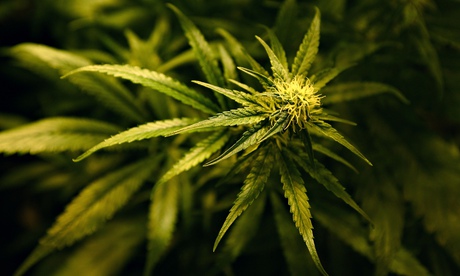Deputy Prime Minister accuses Tories of being 'frightened' to rethink drugs laws and blocking a major review as controversial Home Office report triggers public spat

The Deputy Prime Minister said the Tories had deliberately delayed the release of new report
Nick Clegg has attacked the Conservatives' "facile" and "frightened" approach to drugs as a heated new Coalition row dramatically emerged over the implications of a controversial Home Office report.
The Deputy Prime Minister said the Tories had a "totally misplaced,
outdated, backwards-looking view" on how to tackle Britain's drug
problem after new analysis questioned the effectiveness of current laws.
Mr Clegg said his governing partners had blocked attempts to conduct a major
review into drug laws while the party's Home Office minister Norman Baker
claimed the Conservatives had "suppressed" the report.
Michael Ellis, a Tory MP, returned fire by saying the Lib Dems had "hijacked"
the report for "naked political posturing" and accused the party
of pursuing a "dangerous and irresponsible" agenda of
decriminalisation.
The remarkable war of words came after Home Office analysis found there is a "lack
of any clear correlation' between tough drugs laws and levels of abuse".
Continue reading: http://www.telegraph.co.uk/news/politics/nick-clegg/11197800/Nick-Clegg-blasts-facile-and-totally-misplaced-Tory-drugs-policy-in-heated-new-Coalition-row.html
Continue reading: http://www.telegraph.co.uk/news/politics/nick-clegg/11197800/Nick-Clegg-blasts-facile-and-totally-misplaced-Tory-drugs-policy-in-heated-new-Coalition-row.html






















